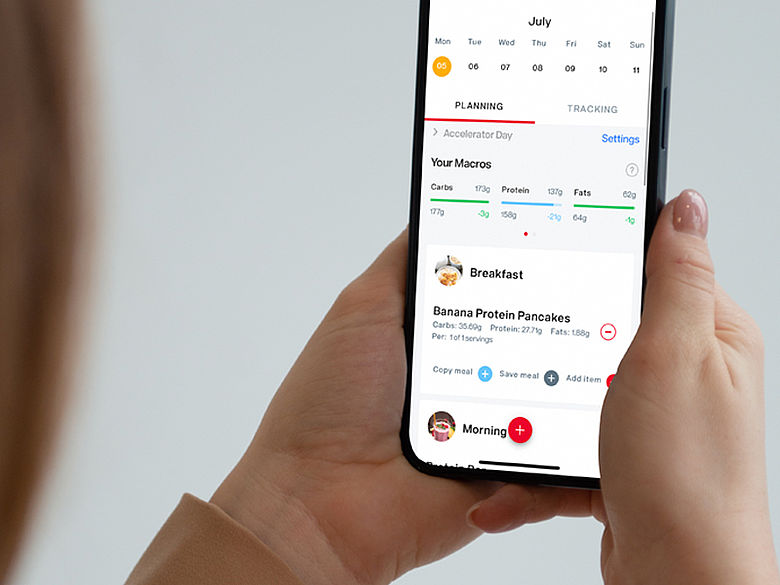We get it, tracking every delicious bit of food that goes in your mouth in a food diary, might be a tedious exercise. It is however a fantastic tool to keep yourself accountable and for your trainer to keep you accountable.
It’s slightly better than when we ask “how was your food this week?” and you say “good” and we both know that isn’t the whole truth…
BUT, do we want you to track your food every day for the rest of your life? No. Certainly not.
Tracking food is an amazing educational tool, that allows you to discover what is actually IN your food. Building blocks for your muscles, energy for your work day and lubrication for the joints. We need a bit of all of it. But a little too much or a little too little can be detrimental to your results and to your health in the long term.
When you started tracking your food, you may have been surprised to find sweet potato has more carbohydrates than white potato. Or that eggs have more fat than protein. But as you got the hang of it, you knew without looking that steak has about 30grams of protein per 100g (and eventually you could look at a piece of meat and guess pretty accurately the weight of it too!). Most of us also realise we are really boring when it comes to food. We eat the same breakfast over and over, go to the same place for lunch several times a week and definitely order the same coffee every morning. And by repetition, we remember the macronutrient breakdown of those meals.
Herein lies the key to success – repetition and learning. By measuring and tracking your food consistently for a period, you see patterns, you memorise macros and learn combinations that works for you. You’ll be surprised by how much information you’ll retain after a few months of recording your food intake. Then, once you have achieved your result and maintained it for a while, you start letting go of the food diary. Read that again. Not only have you achieved your result, but also managed to maintain it for a while on your new maintenance macros before you can start letting go of the food diary.
But hold your horses – you don’t need to go cold turkey!
You could track less days. Start with having Sundays off? Keep tracking your results and jump on the scales on a regular basis (or try on those jeans you used as a measure for where you feel most comfortable) to ensure you aren’t going backwards. Then drop another day or two, until you feel you have control over your food and your results.
That doesn’t mean you never open that app again. Because there might be times where you are out and looking at a menu and want to make sure you’re getting enough protein in a meal. Then look it up and be able to make a more educated choice. When you’re traveling and eating foods you don’t normally eat, look them up – learn something new.
TLDR: Track food until your long-term goal has been achieved and maintained. Get educated about what’s in your food and your personal needs. Track less and less days, until you simply use the tracker to look up new or unfamiliar foods. Make educated choices.
Are you our next success story?
Enjoy a two week FREE experience pass, when you book a free consultation today.

